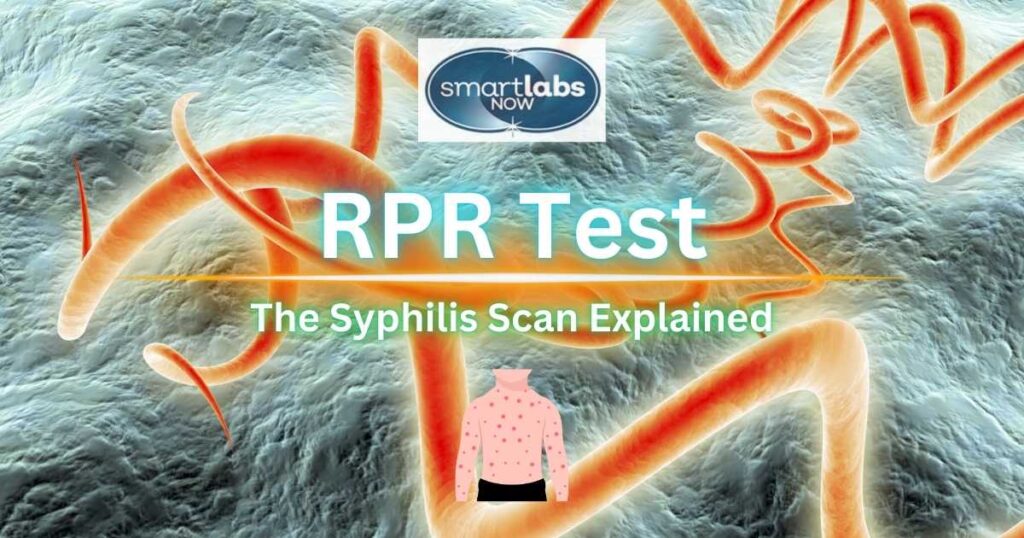
The Rapid Plasma Reagin (RPR) test is a blood screening test primarily used to detect syphilis, a sexually transmitted infection (STI) caused by the bacterium Treponema pallidum. The test identifies nonspecific antibodies the immune system produces in response to the syphilis bacteria.
Since syphilis can have serious long-term health effects if left untreated, the RPR test is crucial for early detection and management.
If you would like to go straight to booking the test, please register here:
Syphilis is known for its “great imitator” quality, meaning its symptoms can resemble other conditions, making diagnosis challenging without testing.
Early symptoms might include sores, rashes, and flu-like symptoms, but as the disease progresses, it can cause serious damage to internal organs and the nervous system and even lead to death if not treated.
The RPR test is a screening test—its purpose is to identify those who may have been exposed to syphilis and warrant further testing. While it doesn’t detect the bacterium directly, it measures the antibodies your body creates in response to the infection. A positive result will typically be followed by a more specific test, like the T. pallidum enzyme immunoassay, to confirm the diagnosis.
Syphilis primarily spreads through direct contact with a syphilitic sore during sexual activity. However, it can also be passed from an infected mother to her unborn child, leading to congenital syphilis, which can cause stillbirth or severe birth defects. Therefore, pregnant women are routinely screened to protect their developing baby.
High-risk groups include sex workers, men who have sex with men (MSM), individuals with multiple sexual partners, and those living in communities with high rates of sexually transmitted infections.
Persistent infections can occur in individuals who do not receive timely treatment, leading to complications like neurosyphilis, where the bacteria invade the brain or spinal cord.
Antibiotics, particularly penicillin, are effective in treating syphilis at any stage, though damage from late-stage infection may not be reversible.
The RPR test also helps monitor treatment success by tracking antibody levels.
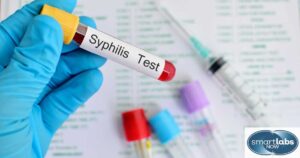
Preparing for the RPR test is relatively simple, but certain factors should be considered to ensure accurate results.
The test is performed using a blood sample, and there are generally no dietary or fasting restrictions beforehand. However, if you are in one of the risk groups—such as sex workers, adult prisoners, or MSM partners—or have a history of syphilis-like symptoms, your healthcare provider may ask for additional information to better interpret your results.
Pregnancy screening is a critical part of preparation, especially since untreated syphilis can infect the developing baby, leading to fetus infection or miscarriage. Symptoms of syphilis can include rash and syphilis-like sores, typically in the primary and secondary stages.
Knowing your symptoms and risk factors will help you understand your test results and the next steps.
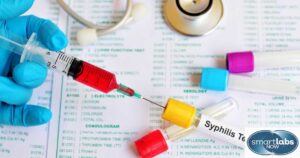
The RPR test is straightforward.
A healthcare professional will collect a blood sample via venipuncture—inserting a needle into a vein, usually in your arm. Some people may experience mild discomfort or soreness at the needle insertion site, but the procedure itself is quick, typically lasting just a few minutes.
Once the blood sample is obtained, it is analyzed to detect nonspecific antibodies produced in response to syphilis.
If the RPR test returns a positive result, this indicates that the immune system is fighting an active infection. However, the test can also produce false positives, especially in individuals with other infections or autoimmune diseases. Therefore, further specific antibody testing, such as a T. pallidum enzyme immunoassay, is needed to confirm a syphilis diagnosis.
The RPR test also monitors antibiotic effectiveness by tracking antibody levels over time, ensuring the infection isn’t persistent.
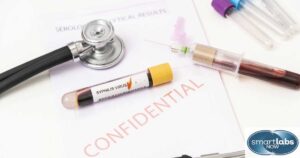
Understanding your RPR test results is essential for determining whether further action is needed.
If your test comes back nonreactive, it means no antibodies to syphilis were found, suggesting that you either do not have syphilis or are in the very early stages of infection when antibodies may not yet be detectable. However, a false negative result is possible, especially in the early secondary stage of syphilis or in individuals with compromised immune systems.
A reactive result means the test has detected antibodies, but this doesn’t always confirm an active infection. It could indicate a new syphilis infection, a history of syphilis, or even a false-positive test due to other medical conditions.
Your healthcare provider will interpret these results and often order a more specific test, such as the FTA-ABS test, to confirm a diagnosis.
Titer increases—or rising levels of antibodies—are often used to assess the infection’s progression or the effectiveness of treatment.
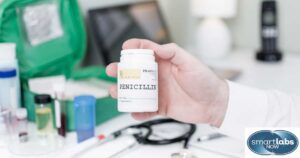
After receiving your RPR test results, your healthcare provider will recommend appropriate next steps.
If the results suggest an active syphilis infection, immediate antibiotic treatment—typically penicillin—is the standard course. Regular testing will monitor your antibody levels over time to ensure the infection is resolving. In the case of persistent infection, additional treatment or alternative antibiotics may be required.
It’s critical to notify and test your sexual partners if you test positive, as syphilis is highly contagious.
If you are pregnant, syphilis screening and treatment are vital for protecting both you and your baby from severe complications. Regular follow-up is crucial to prevent reinfection and to monitor for any recurrence of symptoms, such as syphilis-like sores.
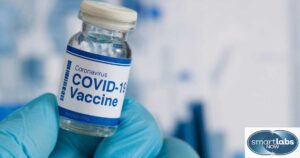
Several factors can influence the accuracy of your RPR test results. For instance, the Moderna COVID-19 vaccine and other immunizations have been reported in rare cases to cause false-positive RPR results due to temporary immune system activation.
Other medical conditions, such as autoimmune diseases, can also trigger false positives.
Healthcare providers rely on academic research institutions, medical journals, and peer-reviewed studies to stay informed about these factors and to ensure content accuracy when advising patients.

Undergoing the RPR test is generally safe, but minor side effects may occur. The most common risks include bruising, bleeding, soreness, and, occasionally, light-headedness or dizziness following the blood draw.
An ice pack can help reduce swelling or bruising at the venipuncture site.

If the RPR test indicates a potential syphilis infection, further testing is typically recommended to confirm the diagnosis. The T. pallidum hemagglutination assay (TPHA) and the Venereal Disease Research Laboratory (VDRL) test are frequently used for confirmation.
Tests like the fluorescent treponemal antibody absorption (FTA-ABS) test are more specific. These target the syphilis antibodies produced in response to the infection.
Advanced technology, like the automated RPR syphilis analyzer, is also employed in some laboratories to increase testing accuracy. Monoclonal antibodies and immunofluorescence tests help in detecting even low levels of infection.
Testing is vital for the early detection of syphilis and other sexually transmitted infections (STIs). Early diagnosis leads to effective antibiotic therapy, preventing long-term health complications.

If you’re in Portland and want discreet, quick, low-cost, and rigorous STD testing in-lab or at your address, we’ve got you 🙂. In addition to Syphilis screening, our panel accurately checks for 7 other common STIs using gentle sampling techniques.
Please consult your primary care physician before engaging with any pharmaceutical, natural substances, or activity regimens mentioned or prescribed in this post. Smart Labs Now is not responsible for health or life outcomes based on the information or recommendations provided. This account does not serve as a substitute for professional medical advice/help.